Accepting Online Payments with Internet Merchant Accounts
EBizCharge
NOVEMBER 27, 2024
Fraud detection and security tools: Merchant accounts often include tools and standards to prevent fraud and enhance security, including Payment Card Industry Data Security Standards (PCI-DSS). Data encryption: Data is encrypted and sent to the payment processor.

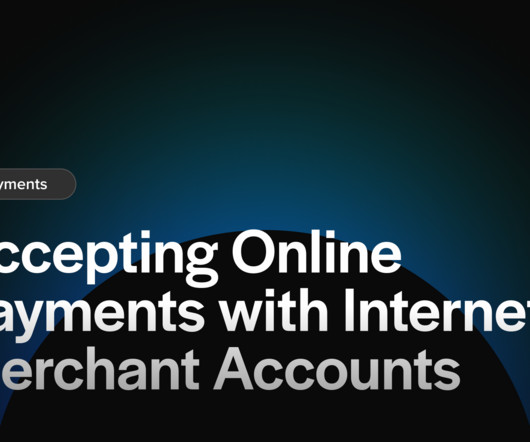




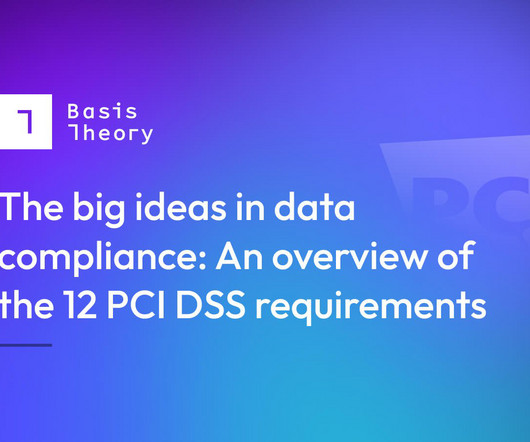
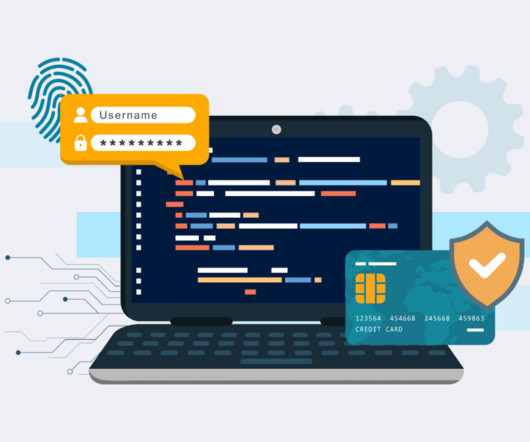

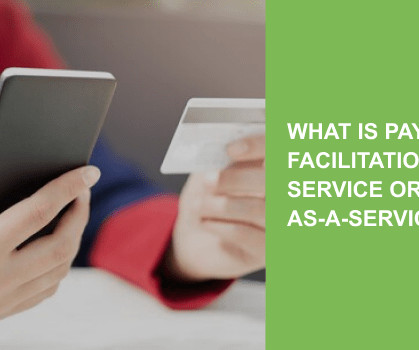

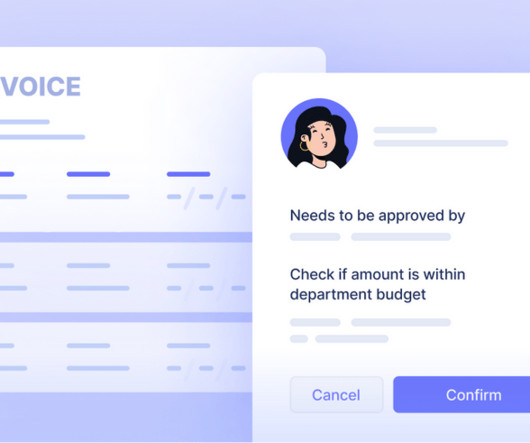

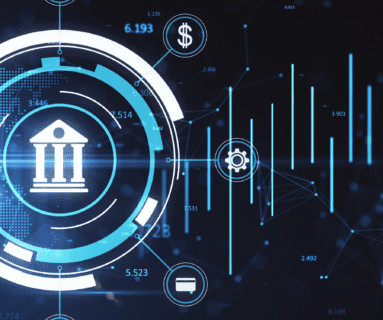
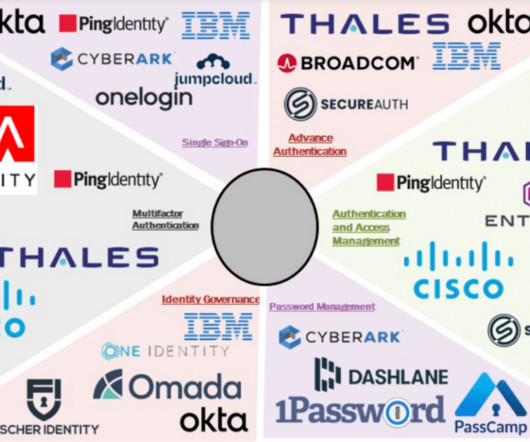






Let's personalize your content